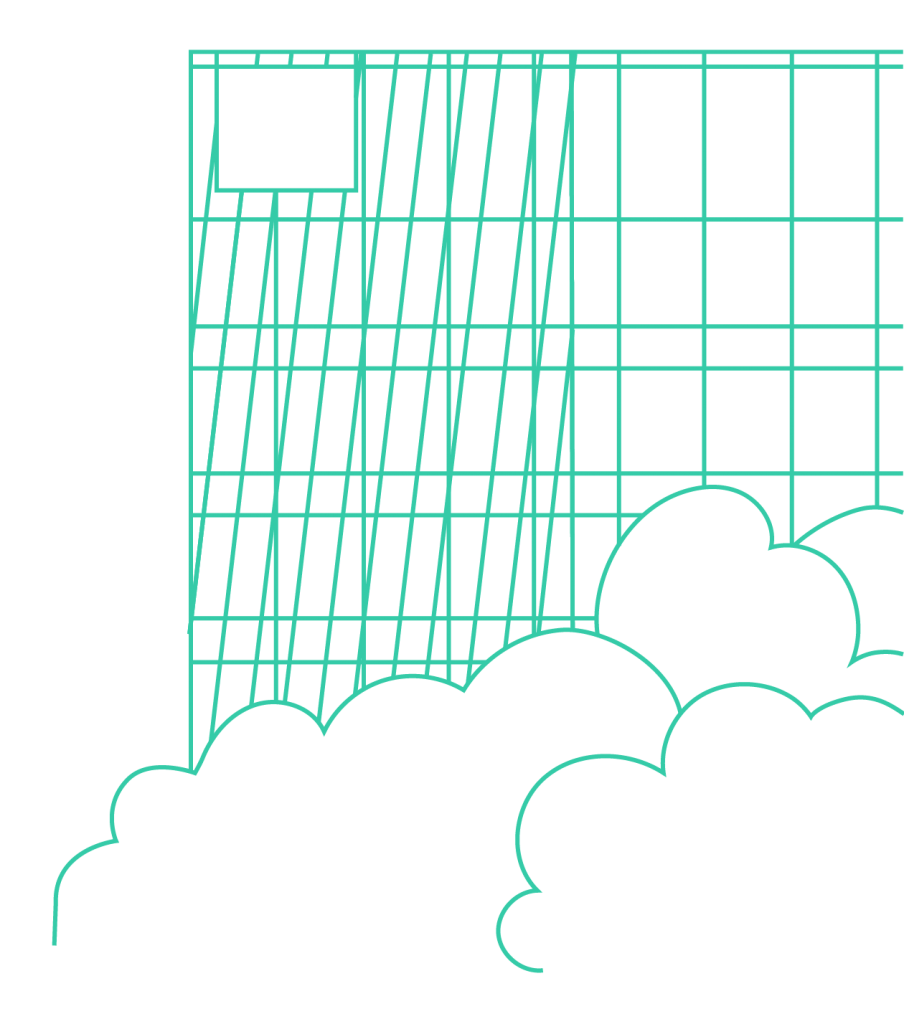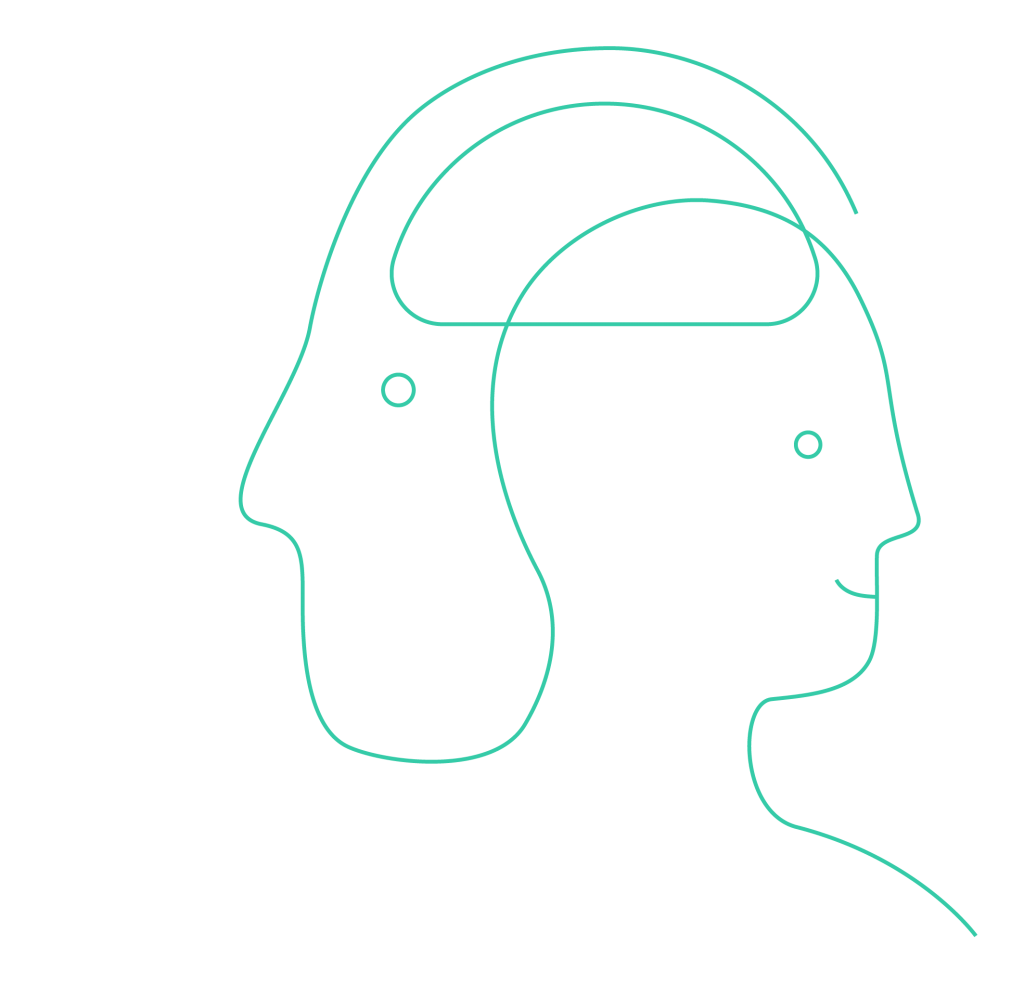Our Philosophy
We believe that waste is a state of matter, rather than a definitive condition. In that case, the state of “waste” is relative and determined by how we use (and dispose of) everyday objects.
We also believe that prevention is more effective than cure, so we think that reducing unnecessary consumption of plastic in our day to day lives can be the most effective way to reduce the amount of plastic waste we create in the world.
Waste and plastic are present in all aspects of our lives through intricate networks. So we know that we cannot tackle the plastic waste problem from just one perspective, so that is why we use collaborative approaches in all our projects and interventions. We need everyone to be on board: community, industry, designers, scientists, politicians… Only a transdisciplinary and multilevel can trigger real transition to a less wasteful society.

QUT Centre for a Waste-Free World
Waste is a pressing global challenge. Each of the numerous waste streams such as plastic, textiles, food, and minerals/metals need tailored approaches to adequately address each problem. Individuals, industry and governments are all seeking solutions to reduce and manage waste.
The ‘Centre for a Waste-Free World’ will uniquely draw upon transdisciplinary scientific knowledge to develop and implement new waste technologies and processes, in parallel with social science knowledge in how to catalyse change and reduce barriers to participation and adoption.
The centre operates on the principle that waste is not a fixed state of matter but rather a state that matter passes in and out of as we ascribe value to it. Moving materials from a state of ‘waste’ into a state of value (post-waste) or eliminating the waste to begin with (prevention) requires interventions from the technical to the cultural (Figure 1). Addressing waste therefore requires knowledge and action from a wide range of actors with different disciplinary expertise, in partnership with industry, government and the public.
QUT Institute for Future Environments
At IFE we study our natural, built and virtual environments, and find ways to make them more sustainable, secure and resilient.


QUT Design Lab
Moving beyond the creation of objects or artefacts, the QUT Design Lab demonstrates the benefit and value of design methods, practices, and outcomes in realising Australia’s National Innovation agenda.
Our mission is “Change by Design.”
Fostering transdisciplinary collaboration, the QUT Design Lab has been established in 2016 as a centre for bold, fresh, and rigorous design-led research that seeks to tackle our most pressing 21st century challenges. The QUT Design Lab offers an open, agile and permeable structure comprising three value-driven research programs.
As a hub and home for a diverse team of academics, research students, industry professionals, and community leaders, the QUT Design Lab supports transdisciplinary collaborations that result in tangible impact and engagement, and which transfer knowledge and technology into beneficial applications for industry, society, and the environment.

